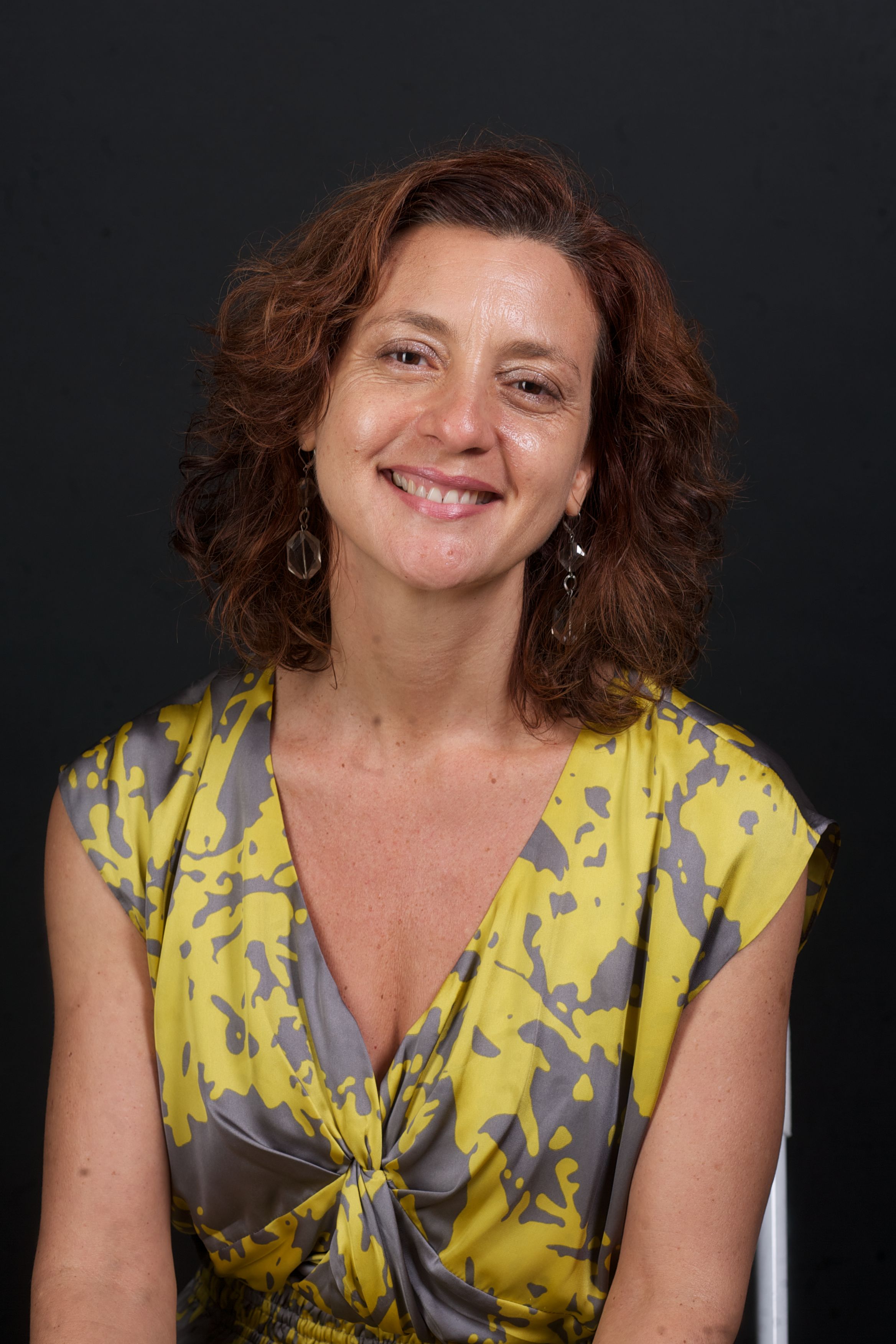Chloé S. Georas, Associate Professor, University of Puerto Rico Law School, completed her LLM in Law and Technology at University of Ottawa. While at uOttawa, she was a Research Assistant for Professor Ian Kerr, and a Teaching Assistant for the course Principles of Legal Research.
Interview
Could you tell us about your current job?
I am a tenured associate professor at the University of Puerto Rico Law School, where I have taught since 2007. I combine my formation in Law (JD from New York University School of Law and LLM from uOttawa) and Cultural Studies/ Art History (MA and doctoral studies from State University of New York, Binghamton) to examine complex intersections of law, technology, gender, colonial/racial histories, cultural memory and art. This year I have also started to teach a core course on Family Law that incorporates the perspective of gender and critical legal studies. I have published my academic writings in different countries such as Puerto Rico, the United States, Canada, Spain, England, Chile and Argentina.
As a result of my academic endeavors, I have been invited to be a Visiting Professor at the uOttawa for the past three January Terms (2013-2015) to teach a course on Art, Technology and Law.
I also explore themes that impassion me through different mediums of creative work. In one of my main projects, my bookwork (or artist book) called “rediviva : lost in trance . lations” (Editorial Isla Negra, 2006; Libros Nómadas, 2001), I combine my multi-lingual literary writings with visual works. This work was distinguished by the Puerto Rico Pen Club. I have also published and presented my creative work in Puerto Rico and abroad.
More recently, I have been working on a series entitled Juridical Sacrileges. The first work of the series was an art video, " Pasties & G-Strings: Their Daze in Court (2008-2014)", which was included in the exhibition Behind the Scene: Art, Body and Law, curated by Stephanie Monserrate, sponsored by the Puerto Rico Institute of Culture and held at the Antiguo Arsenal de la Marina Española in Old San Juan (June through August 2014).
What do you really like about your position?
The greatest privilege of being a professor is the opportunity for a life-long journey in learning. Given the multi-disciplinary approach of my projects, the academic setting is an ideal space for my ideas to develop and to establish links with interesting and challenging people doing wonderful work around the world.
What are the challenges?
One of the big challenges is learning to draw a boundary between work and other areas of your time. The hours may seem flexible, but there is no limit to the amount of time one can invest in ongoing projects.
Do you have any meaningful memories from your time studying Law & Technology at uOttawa?
My many meaningful memories of studying Law & Technology at uOttawa are all related to the generosity and kindness with which I was always treated by my professors and colleagues. I am not sure that the depth of the ongoing academic and personal ties I have developed with them would have been the same at another LLM program.
How did your studies in Law & Technology at uOttawa help you get to where you are now?
My degree from uOttawa has had many important ramifications in my career.
First and foremost, my tenure at the University of Puerto Rico was conditioned upon my acquiring an LLM degree. The degree, however, could have been achieved at any number of law schools, but I chose uOttawa for important reasons. Although I was offered scholarships, some particularly generous, at some of the Ivy League law schools to do my LLM, I chose u Ottawa because I knew there would be a great affinity between my areas of interest and the multi-disciplinary work being done in Law and Technology by Professors of the wonderful calibre of Ian Kerr, Jane Bailey and Jennifer Chandler, among others.
Second, the fact that the LLM degree at u Ottawa is a graduate program in a much more rigorous sense than other LLM programs had important consequences for me in terms of the amount of writings I produced for my courses and my master's thesis, which have later become articles that I have published or am working on for publication.
Do you have any advice for current or future students at uOttawa and the Centre for Law, Technology and Society?
My advice for those considering studies in Law and technology at u Ottawa is to feel confident that they will have a very productive and rewarding educational experience that will open many avenues of thought and doors in their careers. My advice for current students is to take advantage of the opportunity to work closely with the wonderful professors in Law and Technology at uOttawa.
